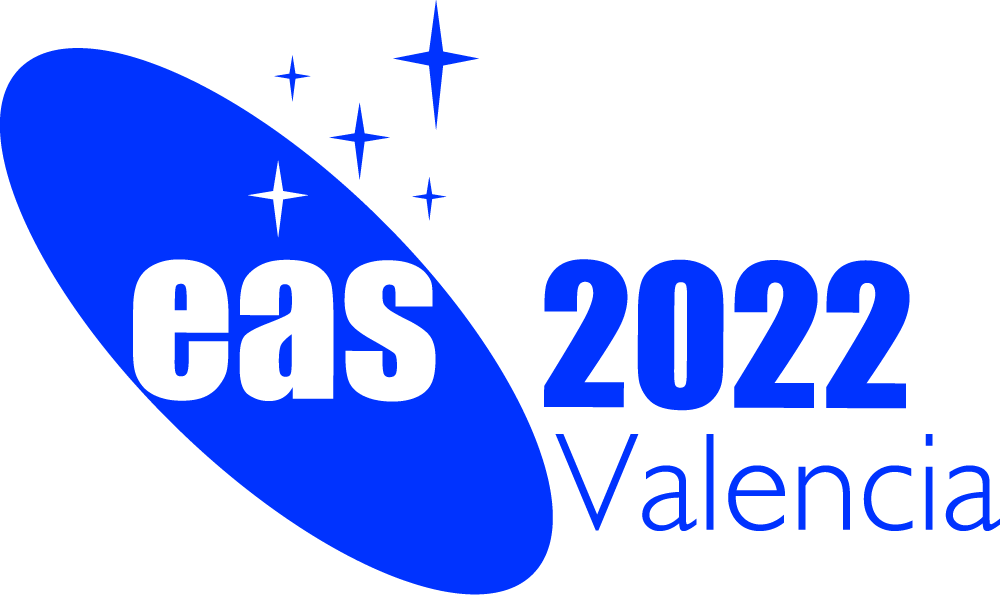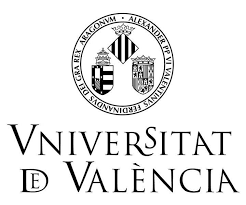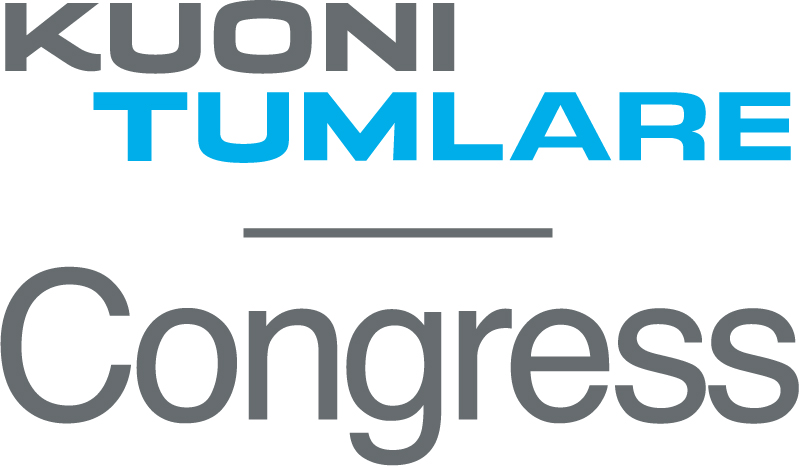Special Session SS25
29 June 2022
An Unconference on Data Intensive Astronomy: Where Are We and Where Do We Go Next?
Aims and scope
The current generation of astronomical surveys such as ZTF, LOFAR, MeerKAT, MWA, Gaia, and SDSS have ushered in an era of data intensive astronomy. These surveys have discovered both known and unknown astronomical objects paving the way to data-driven astronomy.
In the last decade the astronomy community recognised this discovery potential and have adopted new data-driven approaches such as machine learning algorithms and visualisation techniques to handle the large data volumes. Machine learning (ML) techniques have been extensively deployed in recent years to mine and classify astronomical objects. Visualisation (VIS) techniques are being developed to provide deeper statistical insights from complex, multi-dimensional datasets. In a span of the last five years we have gone from enthusiasm for ML techniques to comprehensive Astroinformatics courses being taught at graduate schools.
We now stand at the cusp of a new data revolution in astronomy with the next generation of all sky surveys such as LSST, SKA, EUCLID, and JWST. These surveys are set to stretch the boundaries of astronomical datasets to exa-scale. While many lessons from analysing current datasets and other disciplines can be transferred to future surveys, we would face challenges unique to these data sizes.
The astronomy community now needs to rethink key questions that we will face; hence the existence of this unconference-style special session. With this session, we aim to both inform newcomers of the present status and ongoing developments in the field, as well as to provide a forum for experts to discuss fresh challenges and address current limitations.
In addition to the unconference discussion blocks, we plan to provide a forum for researchers to present their current data-driven endeavors in e-Poster form. Thus, submitting a talk to this session will be considered an advance proposal for a discussion topic during the unconference, whereas submitting an e-Poster will be considered as a research presentation associated with the session.
Programme
The focus of this unconference is to discuss the cutting edge of data in astronomy via open group discussions. These discussions will be formed based on community-sourced questions that we will identify prior to the symposium. The list of topics below does not represent the finalized session program, but rather provides a set of examples that demonstrate topics which could be included under this session's scope for discussion:
- Best practices for including new technologies such as virtual and augmented reality into scientific discovery
- Optimizing survey strategies across different observation domains
- Transfer learning from precursor surveys
- Joint online data platform enabling real-time analysis
- Remodelling for non-uniform noise realisation
- Dealing with increased data gaps and limitations on raw data usage
- Modelling of uncertainties and dealing with domain gaps
- And more!
Invited speakers
- Alexander Bock Link÷ping University
- Bruno Merin ESAC Science Data Centre, ESA
Scientific organisers
- Amruta Jaodand Caltech
- John Wenskovitch Virginia Tech
- Marc Huertas-Company University of Paris; UC Santa Cruz; Instituto de AstrofÝsica de Canarias
- Maria Argudo Fernandez Universidad de Granada
Contact
ajaodand @ caltech.edu; johnwenskovitch @ gmail.com
Updated on Fri Jun 24 20:42:43 CEST 2022
|

 A power cut will shut down all EAS services on Tuesday, 10 January 2017 starting at 7:30 CET.
A power cut will shut down all EAS services on Tuesday, 10 January 2017 starting at 7:30 CET.


